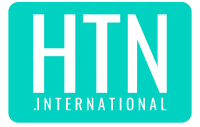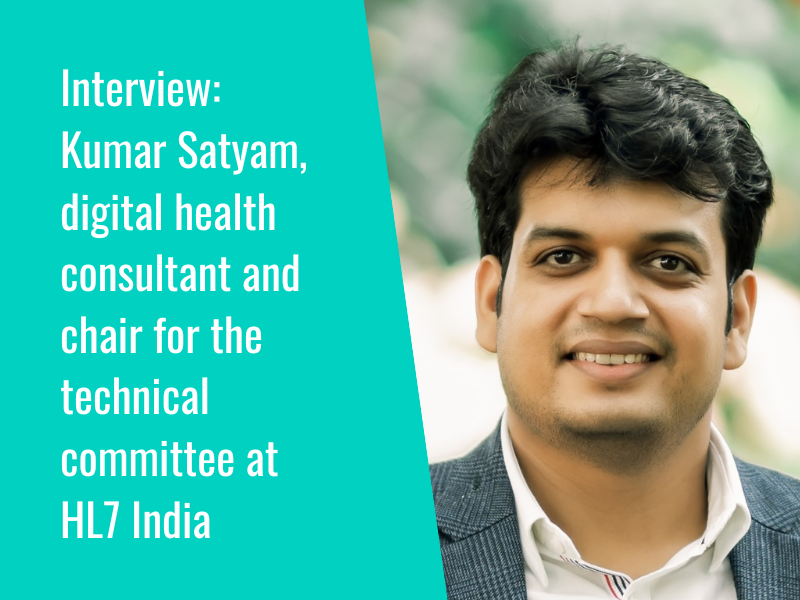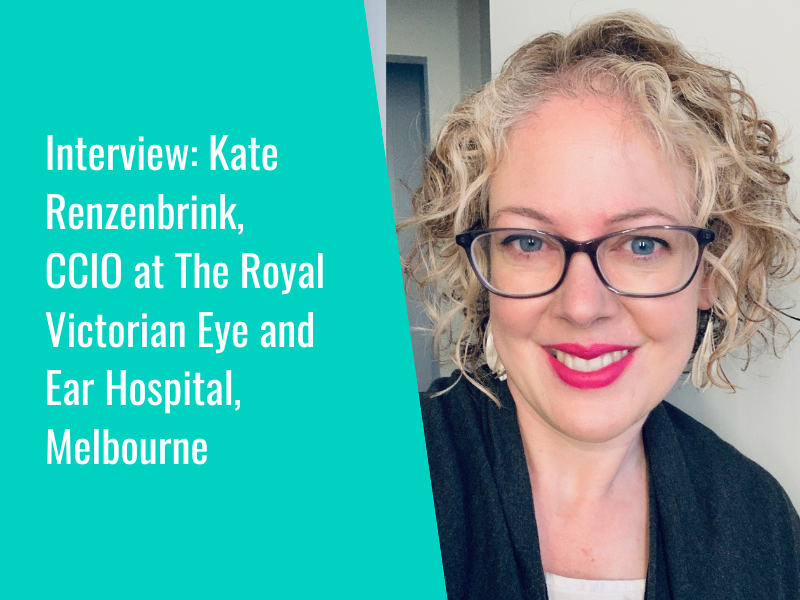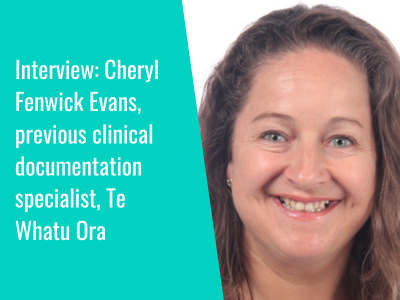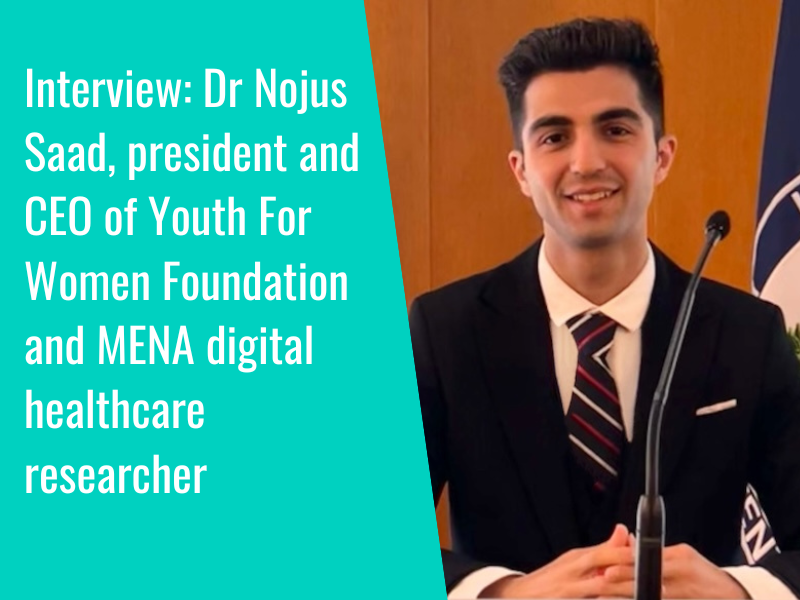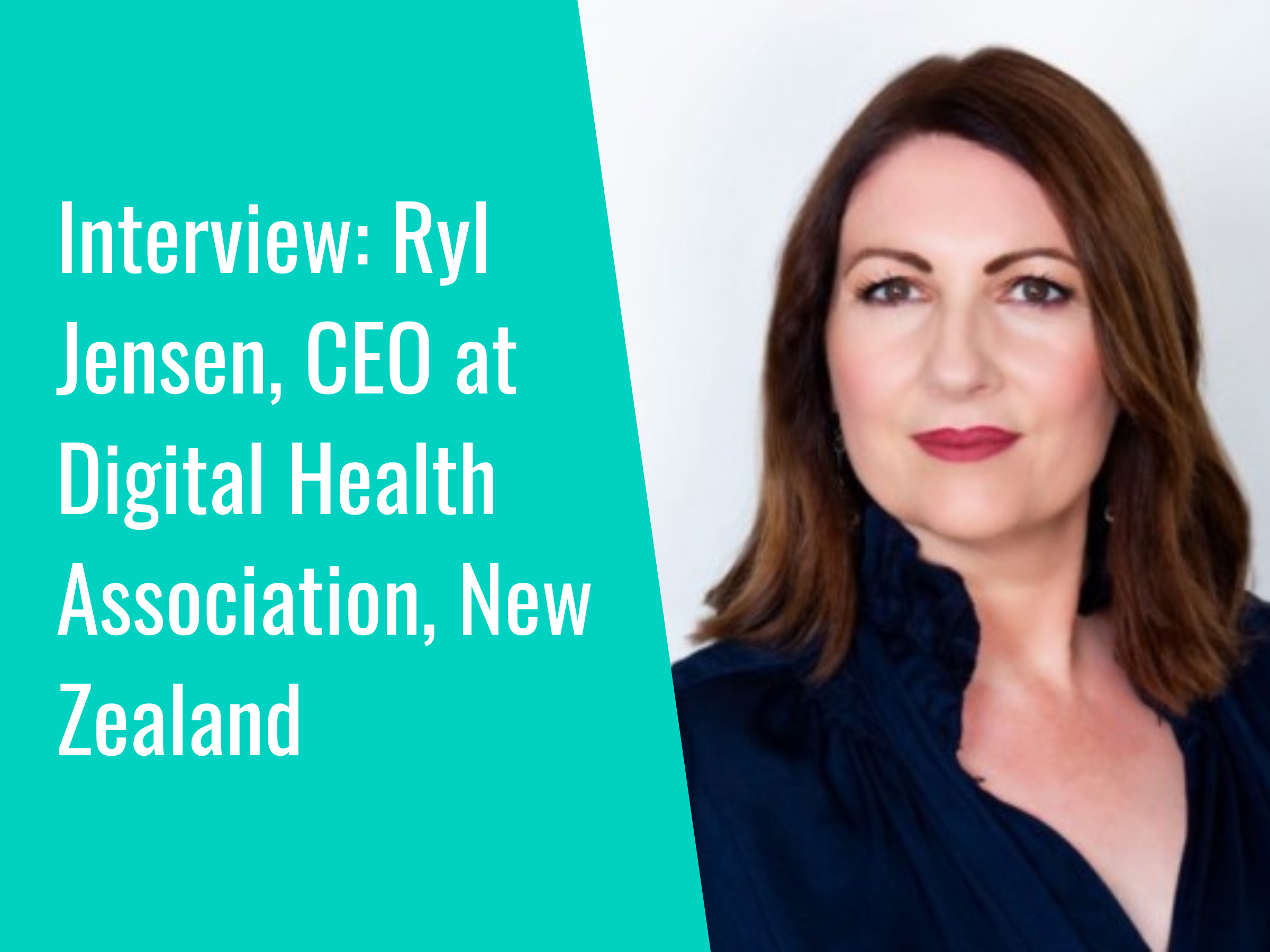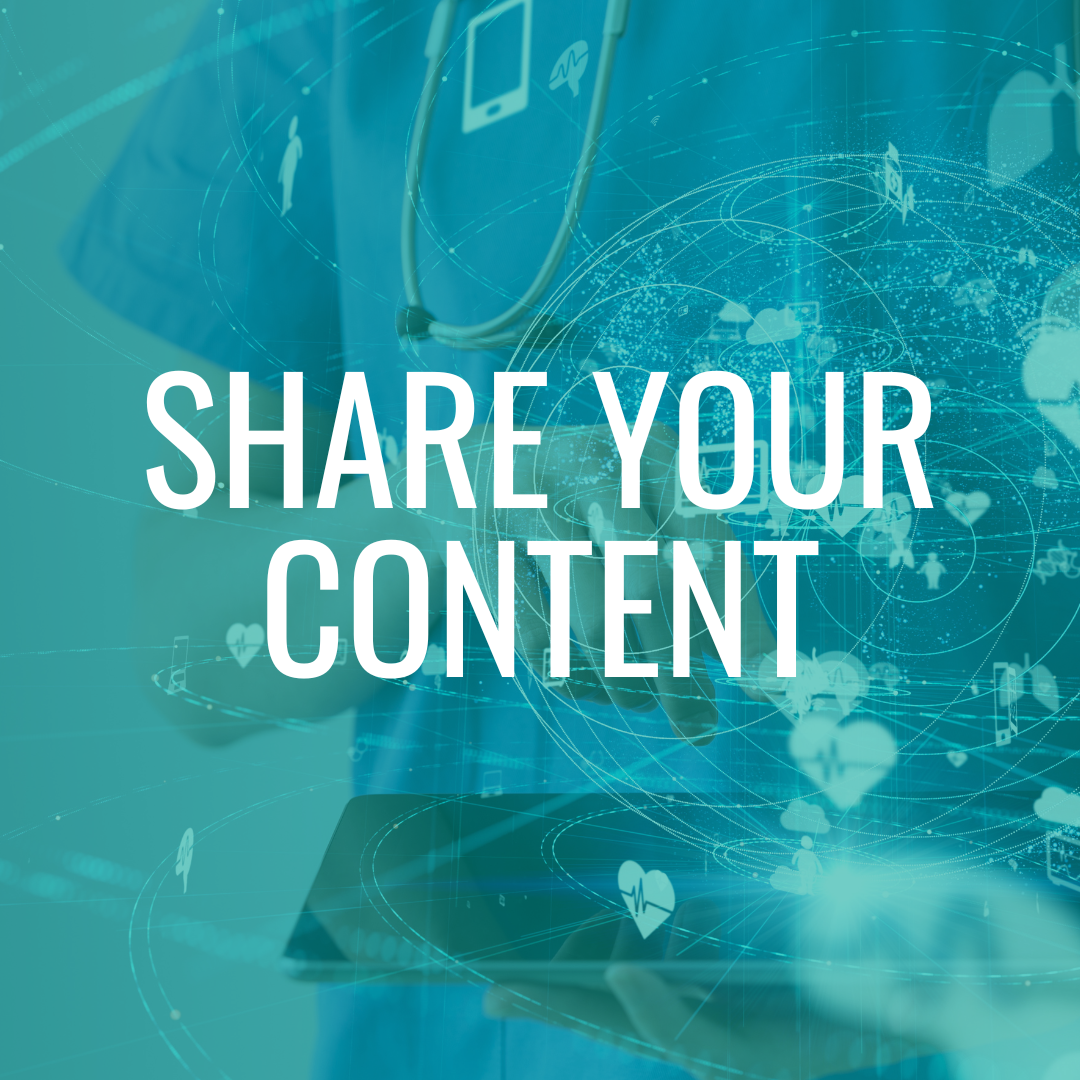The World Health Organization (WHO) has launched its MeDevIS (Medical Devices Information System) platform, designed to offer information on medical devices to improve standardisation and support procurement decision-making.
Originally becoming operational in March this year for the purposes of consultation, MeDevIS has been publicly released by WHO this week. At present the platform covers 2,301 types of medical devices for health issues including child health, noncommunicable disease, and infectious diseases.
MeDevIS aims to overcome the challenges posed by “multiple, separate sources of information” produced by a range of international stakeholders, which make it “difficult for users to discern and utilise the most reliable data”.
The platform also supports standardisation in the naming of medical devices, drawing on the European Medical Device Nomenclature and the Global Medical Device Nomenclature to help overcome non-standard device names with the aim of further reducing complexity.
Using MeDevIS, users can perform a search for the type of device they require, searching by name, indication, or test purpose, or selecting from a range of different categories across lab equipment, medical furniture, PPE, surgical instruments, and more. It is hoped that this will help users in identifying their specific device needs, including type of device, scope and infrastructure required.
Dr Yukiko Nakatani, WHO assistant director-general for access to medicines and health products, commented on the difficulties that healthcare practitioners and patients alike can face in navigating medical technologies used in health and care, adding: “We aim to provide a one stop shop of international information, which can be invaluable for those making decisions on life-saving medical technologies, especially in resource-limited settings, and to improve access.”
The WHO also recently published a technical brief on the role of AI in sexual and reproductive health and rights (SRHR), outlining uses and risks across health education, screening, diagnosis, care management, and more.
- 1
- 2
